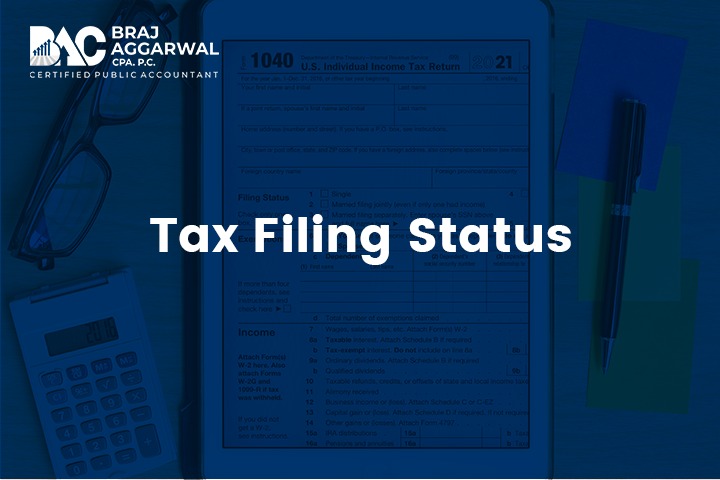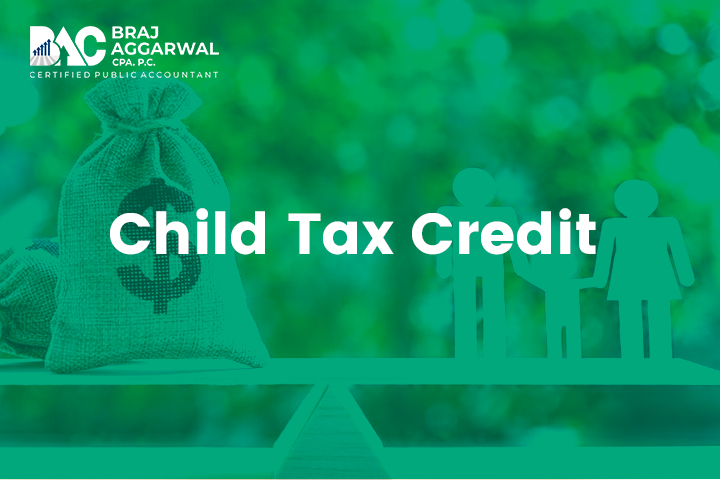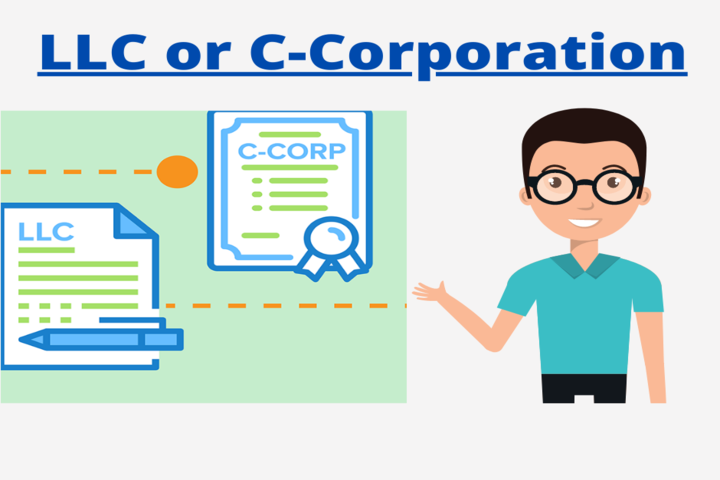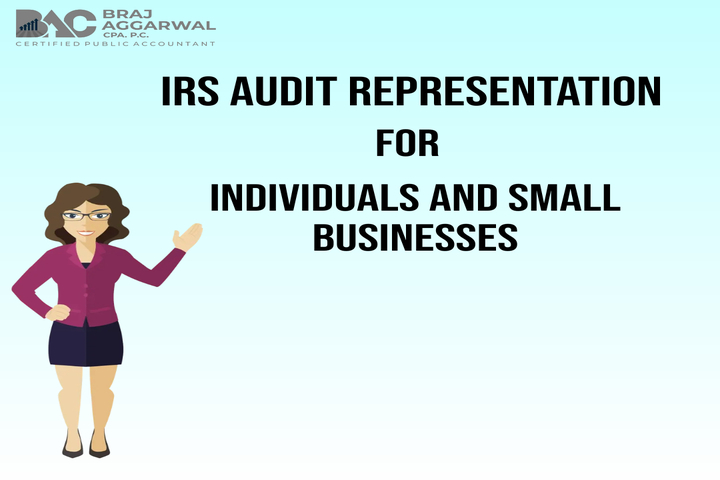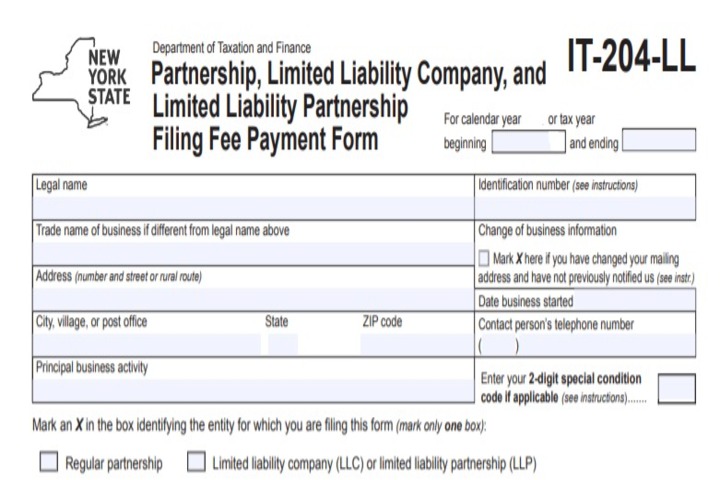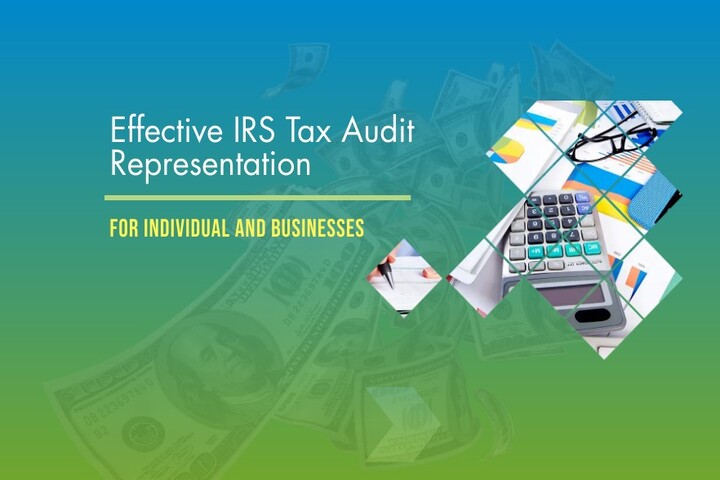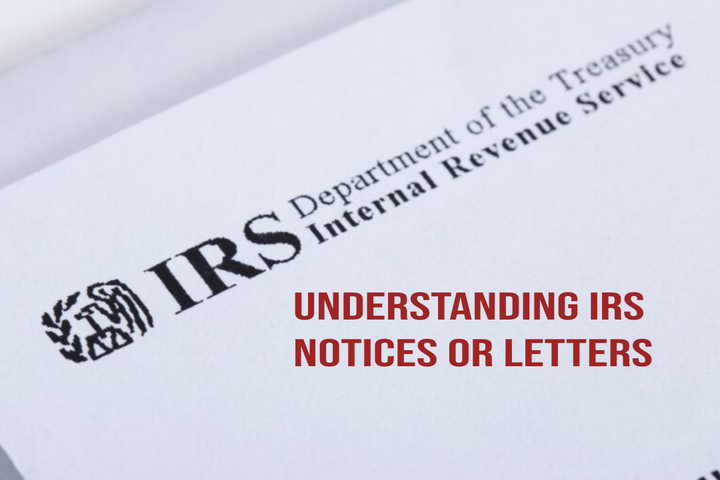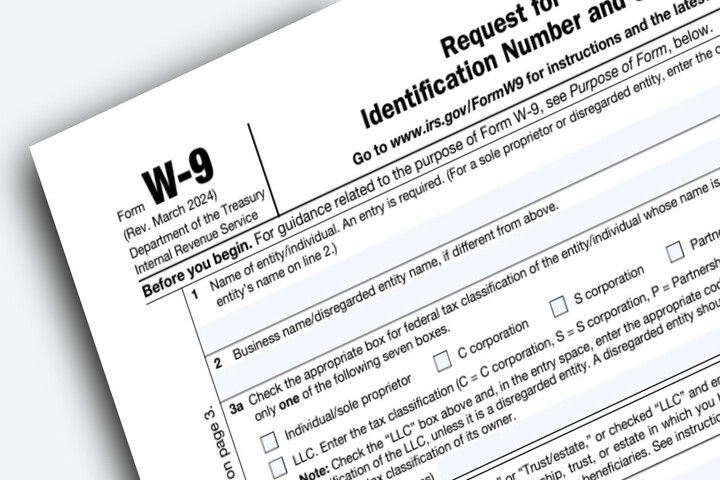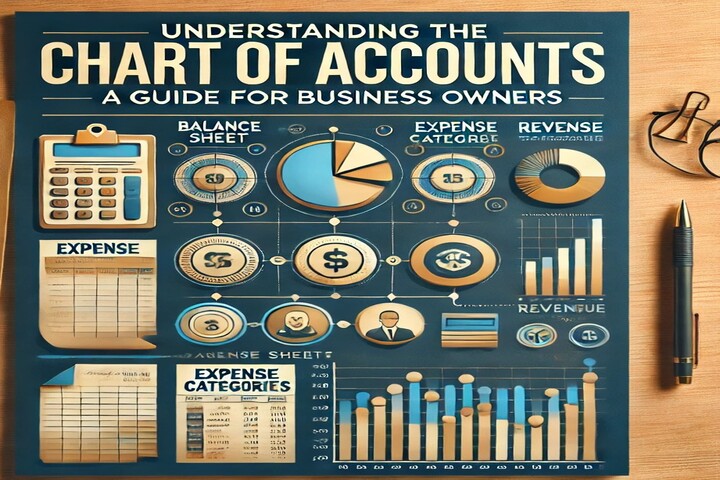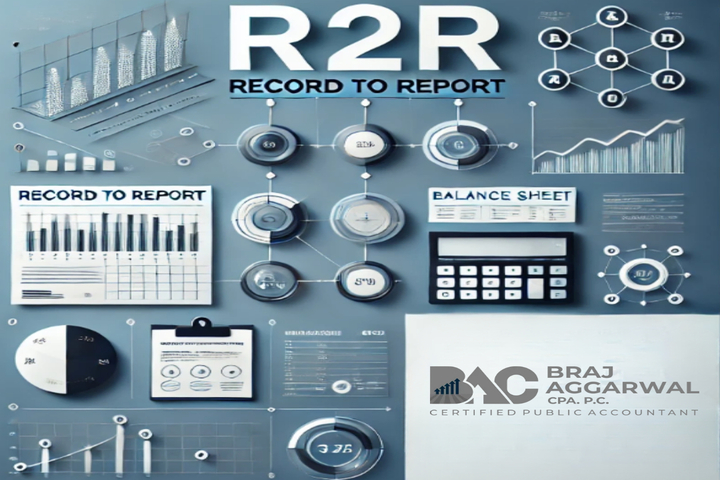The Additional Child Tax Credit

The Additional Child Tax Credit (ACTC) was a separate reduction, but it applied only to families with earned income above $3,000. Earned income can come from salaries and wages, self-employment, some, and disability payments. Now, what does not consider earned income if you have income coming from interest, dividends, pensions, social insurance, unemployment, alimony, or support payment. you are not qualified if of those apply to you. Families received a refundable credit capable 15% of their earned income over that threshold, up to $1,000 per child.
Understanding the Additional Child Tax Credit begins with the Child Tax Credit (CTC). Like other tax credits, the Child Tax Credit may be a dollar-for-dollar reduction in your tax. This tax credit is for individuals who get less than the total amount of the Child Tax Credit. The ACTC may offer you a refund if you do not owe any tax. The Child Tax Credit is worth up to $2,000 for every child who meets the subsequent requirements:
The dependent must be younger than age 17.
You must be related to the dependent.
You claim the Child as a depends.
The dependent must have lived with you for at least 6 months.
The child must have valid social Security.
The child could be a U.S. citizen, U.S. national, or U.S. resident alien.
The child can’t file income tax return with somebody else except for a refund of taxes withheld.
The maximum Additional Child is $1,400 per child. To find out if you are eligible for the additional child tax credit, you will be able to fill out the Child tax credit Worksheet, which is often included within the instructions for form 1040. If you qualify for the credit, the worksheet can also direct you to use Schedule 8812 to see if you are eligible for the Additional child Tax Credit.
Both the Child Tax Credit and therefore the Additional Child tax credit is not for high-income taxpayers. According to the IRS, Married couples with modified adjusted gross income (MAGI) greater than $400,000 and other filing statuses with modified adjusted gross income greater than $200,000 will have their credit reduced by $50 for every $1,000 or a part of $1,000 that their modified adjusted gross income exceeds those amounts.
While the foundations are different for divorced or separated parents, the parent who claims the qualifying child as a dependent on their return is the parent who may claim CTC and ACTC (if they meet all other qualifications for claiming the credit). These credits can help reduce your federal tax obligation and potentially increase any refund you are owed.
The Child Tax Credit and therefore the Additional Child Tax Credit are meant to assist working parents with low to moderate incomes. To claim the ACTC, taxpayers must have a minimum of $2,500. Earned income can come from salaries and wages, self-employment, and a few disability payments. Individuals with unearned income does not qualify.
Want to know more about Additional child tax credit or accounting and bookkeeping services. Connect with our team by filling the below form or you call us on (+1) 718-426-4661 or email us on baggarwal@aggarwalcpa.com







